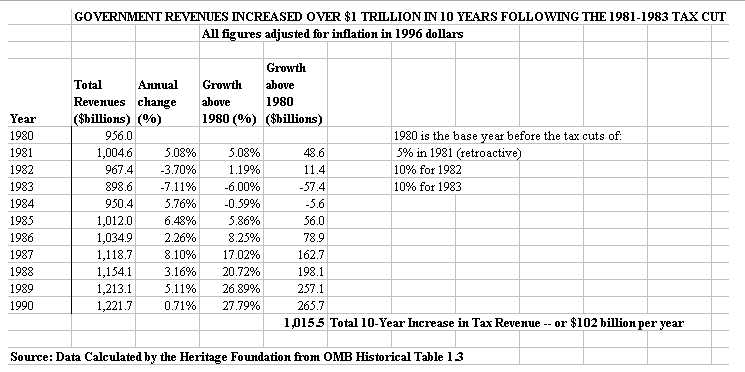Fenton Lum
Gold Member
- May 7, 2016
- 22,735
- 1,442
- 265
- Banned
- #161
Goldman Sachs, Wall Street, Exxon Mobile, Raytheon, Northrup Grummond, et.al. never lose elections do they. Same as it ever was.This is why you have been losing elections all across the country. Lies like these.Nobody wanted Obamacare. The liberals wanted single payer and the conservatives wanted poor people to die in the street.The claim that Republicans are no different than Democrats is obviously a fiction. Would we have anything like Obamacare if a Republican had been elected with a filibuster proof majority in the Senate? Not a chance.You are one of those sad mental dwarfs who cannot see past the ruse of a political system that professes to be built upon a "two" party system, yet pursues the same course regardless of who’s “in power”. Goldman Sachs is always all up in that white house and Wall Street gets bailed out regardless - even in the face of 90% public opposition.You spelled out the Democrat economic program, not the Republican.When they really know they have nothing; labels.
Privatized gains versus socialized losses for the Wall Street bankster class
Internalized profit versus externalized risk and expense for the "job creator" class
Socialism for the aristocracy versus laissez-faire capitalism for the masses




